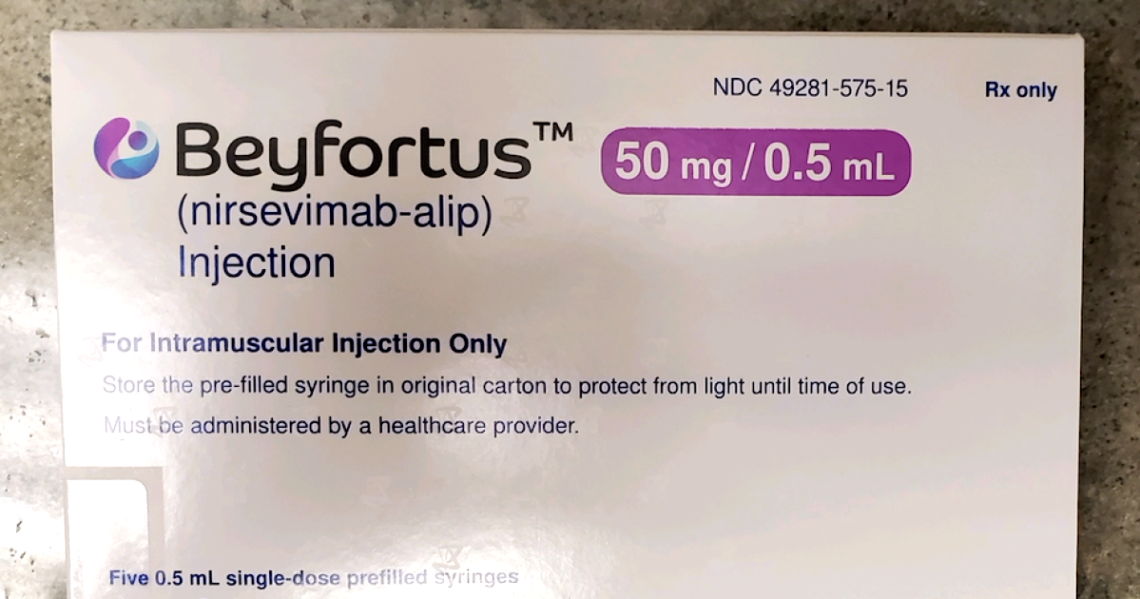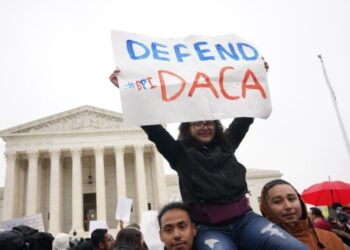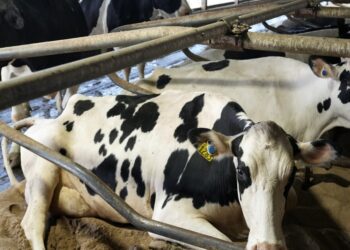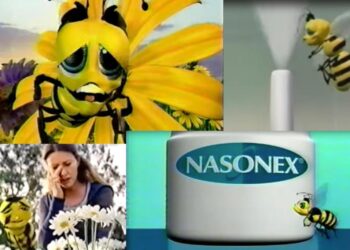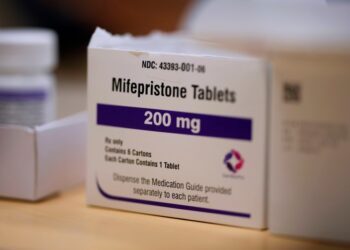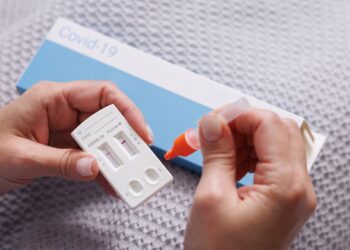Tens of thousands of doses of a new RSV shot will be shipped to pediatricians and hospitals throughout the country, as a months-long nationwide shortage collides with an increasing number of cases.
The long-acting monoclonal antibody is administered as an injection to infants to protect them from severe illness caused by the respiratory syncytial virus — or RSV infections, which are the leading cause of hospitalization among babies.
The additional 77,000 doses “will be distributed immediately” through the Vaccines for Children Program and commercial channels, according to the Centers for Disease Control and Prevention.
“That’s a good first step, but there are about 10,000 babies born in the U.S. each day, so this will cover us for a week,” said Orange County pediatrician Eric Ball.
“I have about 30 doses,” he added. “Right now we have to ration and we’re turning people away because we just can’t get the shot.”
The shot is a monoclonal antibody treatment, not a traditional vaccine. The lab-grown proteins supplement a baby’s underdeveloped immune system and give them immunity for about five months, long enough for them to get through their first respiratory virus season when they’re at highest risk for complications.
Nirsevimab is approved for all infants up to 8 months old, and for some older babies and toddlers considered at higher risk due to RSV. The American Academy of Pediatrics recommends that every baby whose mother did not get the RSV vaccine while pregnant receive nirsevimab in the first week of life.
In clinical trials, the shot reduced RSV hospitalizations and health care visits in infants by almost 80%.
Doctors hoped the…
Read the full article here

